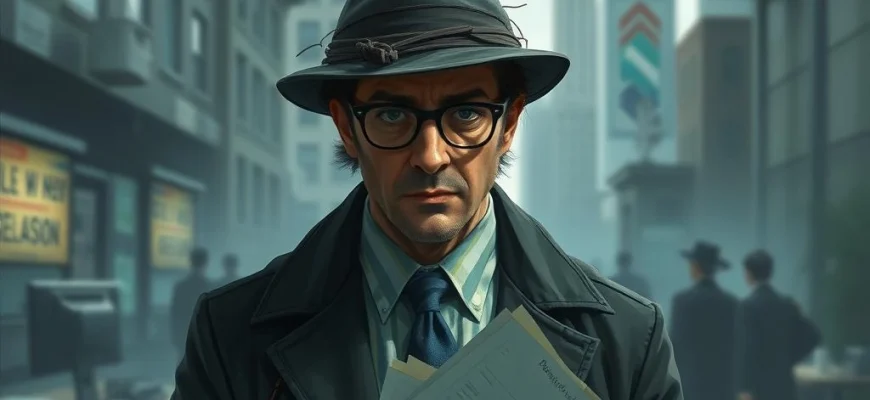If you were captivated by the gripping storytelling and intense drama of 'Alan Pakula: Going for Truth (2019),' you're in for a treat. This article explores 10 similar movies and shows that delve into the world of investigative journalism, political intrigue, and the relentless pursuit of truth. Whether you're a fan of Pakula's work or simply love thought-provoking narratives, these recommendations will keep you on the edge of your seat.
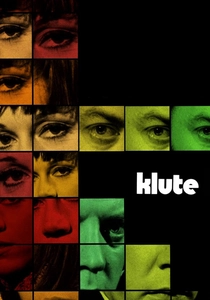
Klute (1971)
Description: A psychological thriller that combines elements of crime investigation with character study, focusing on surveillance, trust, and personal transformation.
Fact: Jane Fonda won her first Academy Award for her role as Bree Daniels. The film's title refers to Donald Sutherland's character, John Klute, though the story primarily focuses on Fonda's character.
 Watch Now
Watch Now 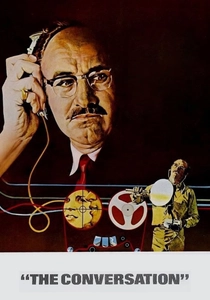
The Conversation (1974)
Description: A haunting exploration of surveillance, privacy, and paranoia, centered around a sound engineer who becomes obsessed with a recording he's made.
Fact: The film was shot in San Francisco, with many scenes filmed guerrilla-style without permits. It was released the same year as 'The Godfather Part II,' both directed by Francis Ford Coppola.
 Watch Now
Watch Now 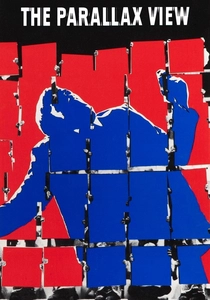
The Parallax View (1974)
Description: A paranoid political thriller that examines conspiracy theories and the difficulty of uncovering the truth in a world of shadowy organizations and cover-ups.
Fact: The film's famous 'Parallax Test' sequence uses rapid-fire imagery to simulate brainwashing techniques. It was loosely inspired by the assassination of John F. Kennedy and subsequent conspiracy theories.
 Watch Now
Watch Now 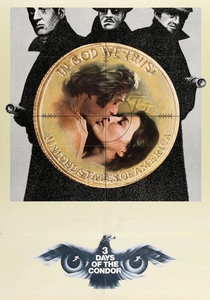
Three Days of the Condor (1975)
Description: A conspiracy thriller about a CIA researcher who uncovers dangerous secrets and must go on the run, exploring themes of trust and institutional corruption.
Fact: The film's New York locations were shot during one of the coldest winters on record. The movie inspired the TV series 'Condor,' which premiered over 40 years later.
 Watch Now
Watch Now 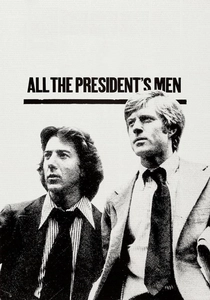
All the President's Men (1976)
Description: A gripping investigative journalism drama that delves into political corruption and the power of the press, featuring meticulous research and a tense, procedural narrative.
Fact: The film's screenplay was based on the book by Carl Bernstein and Bob Woodward, the real-life reporters who uncovered the Watergate scandal. The Washington Post newsroom set was an exact replica of the real one.
 Watch Now
Watch Now 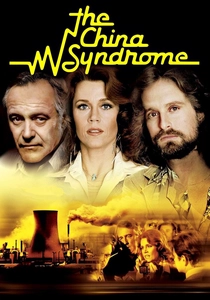
The China Syndrome (1979)
Description: A tense drama about nuclear power plant safety and corporate cover-ups, featuring investigative reporting and ethical dilemmas.
Fact: The film's release was eerily prescient, coming just 12 days before the real-life Three Mile Island nuclear accident. The title refers to a theoretical meltdown scenario where the reactor core would melt through the Earth to China.
 Watch Now
Watch Now 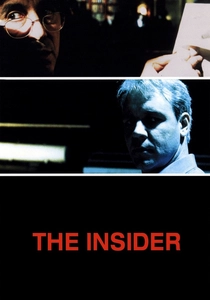
The Insider (1999)
Description: A tense thriller about corporate whistleblowing and media ethics, exploring the personal and professional risks involved in exposing the truth.
Fact: The film is based on the true story of Jeffrey Wigand, a tobacco industry whistleblower. It was initially titled 'The Man Who Knew Too Much' but was changed to avoid confusion with the Hitchcock film.
 Watch Now
Watch Now 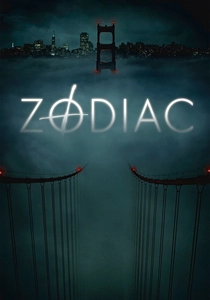
Zodiac (2007)
Description: A meticulous and atmospheric crime drama that follows journalists and detectives as they obsessively pursue an elusive serial killer, blending fact and procedural detail.
Fact: Director David Fincher insisted on using the actual locations where the Zodiac killer's crimes occurred. The film's runtime is over two and a half hours, one of the longest for a mainstream thriller.
 Watch Now
Watch Now 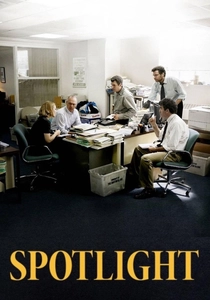
Spotlight (2015)
Description: A hard-hitting portrayal of investigative journalism, focusing on a team of reporters uncovering systemic abuse, with a strong emphasis on truth and accountability.
Fact: The real-life Boston Globe Spotlight team members were consulted extensively during the film's production. The movie won the Academy Award for Best Picture in
 Watch Now
Watch Now 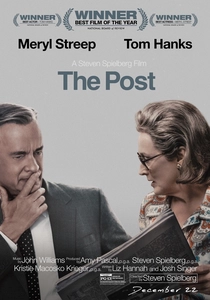
The Post (2017)
Description: A historical drama centered around journalistic integrity and the fight to publish classified government documents, highlighting the ethical dilemmas faced by the media.
Fact: The film was shot in just 56 days, a remarkably short production schedule for a major Hollywood film. It marked the first collaboration between Meryl Streep and Tom Hanks.
 Watch Now
Watch Now 
